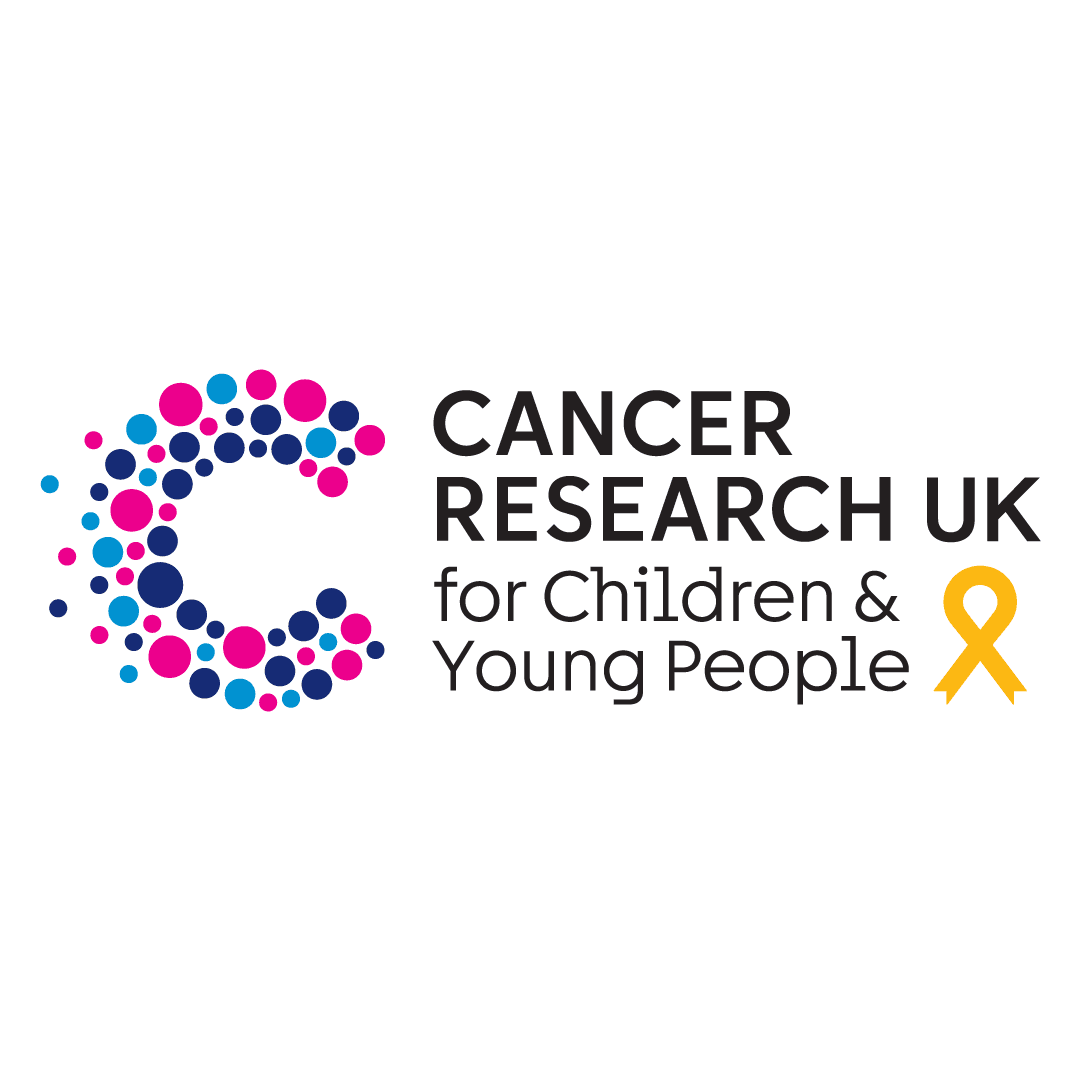
"As an adult survivor of childhood cancer, I view Teenage and Young Adult (TYA) Cancer Awareness Month as a crucial reminder that young people affected by cancer face unique challenges, that demands more attention and support. A wide range of issues arise - from delays in diagnosis and difficulties accessing age-appropriate treatment to a lack of meaningful help for the significant emotional and social impacts cancer has during such a formative stage of life. My cancer journey, which began at the age of 16, has been incredibly tough, and I’m eager to contribute to improving outcomes for others."
"My diagnosis came after investigations related to vision problems, and our family was left in shock when I was diagnosed with a germ-cell brain tumour. My mother’s determination to get me the help I needed led to incredible support from so many people—from other parents of children affected by brain tumours to world-class medical experts across Scotland, the UK, and the USA. I am forever grateful to the Edinburgh paediatric oncology team, and renowned specialists such as Conor Mallucci (consultant neurosurgeon at Alder Hey), Dr. James Nicholson (London), and Dr. Jonathan Finlay (UCLA and Chicago). I also found invaluable support in an online family network, which continues to help me to this day. What all of this taught me was the importance of a community of support—but it took considerable effort to discover and sustain such a powerful network of expertise. Not every young person with cancer has access to such a network, and I’m incredibly thankful that my mother did everything in her power to ensure I had this. I believe Cancer Research UK can play an important role in supporting children with cancer."
"My cancer journey was filled with twists and turns. After my initial shock, diagnosis, and two brain surgeries, I endured an incredibly tough year of harsh treatments, including chemotherapy, more surgeries, and proton radiotherapy. Just when I thought I was improving, a routine MRI revealed a spot on my spine—the brain tumour had relapsed into my spine and central nervous system. Relapse treatment was largely uncharted territory and posed an entirely new and terrifying challenge, both physically and mentally. I underwent another year of gruelling treatment, including being the first in the UK and Europe to receive the GEMPOX protocol, an aggressive relapse treatment developed at UCLA (University of California, Los Angeles) under Dr. Jonathan Finlay. High-dose chemotherapy was by far the hardest part of my treatment, isolating me in one room for a month while I struggled with the excruciating side effects. I spent my 18th birthday in isolation, barely able to get out of bed—it was one of my lowest points. After completing my relapse treatment, I was debilitated and in need of significant rehabilitation. Despite this, I managed to finish high school and was accepted into university. I remain surprised that I made it through all of that, graduating with high marks and securing employment. However, despite these achievements, there are still many difficult challenges I continue to face today."
"While in the hospital, I saw first-hand the immense toll cancer takes on children and families. This is when I realised I wanted to give back. I raised £8,000 for the charities that supported me and felt a deep sense of responsibility to help others on their childhood cancer journey. There is so much need, and so much to be done. Alongside my work at Cancer Research UK, I’ve been involved in charity work, advocacy programs, and campaigns aimed at shaping and improving childhood cancer care. I contributed to the new five-year cancer protocol for young people in Scotland, which was approved by the Scottish Health Cabinet."
"By listening to the voices of those affected, Cancer Research UK can ensure that its work aligns with the real needs of patients. Involving those directly impacted by cancer is essential, as it provides invaluable insight into how actions will truly affect patients and their families. Additionally, involving patients allows them to feel like active participants in the fight against cancer, rather than passive recipients of medical treatment. Tackling this issue is a complex challenge that requires serious investment—not just financially, but from communities of compassionate supporters."
"I hope Teenage and Young Adult Cancer Awareness Month will not only increase understanding of TYA cancer but also empower young patients to share their experiences. Seeing their challenges acknowledged can help them feel less isolated and more supported, while also pushing for advancements in care that will benefit future generations. I also hope that childhood cancer patients can find and benefit from the communities of support that I’ve had."
"My experience has shaped who I am today. While I wouldn’t wish this journey on anyone, I wouldn’t change what it taught me, nor the opportunities I now have to help others. I am humbled by this challenge. I’ve seen firsthand the amazing work Cancer Research UK does and the positive impact they have on young patients across the country. It’s a charity I love volunteering for, and I hope to inspire others to do the same—the need is great, but together, we can make a difference."

Cancer Research UK for Children & Young People is the part of Cancer Research UK dedicated to supporting research into cancers affecting 0-24-year-olds. Learn more about our world-leading research and ways to get involved.

If you’ve been affected by children’s and young people’s cancers, you could help shape our work by applying to join our Cancer Research UK for Children & Young People Insights panel.